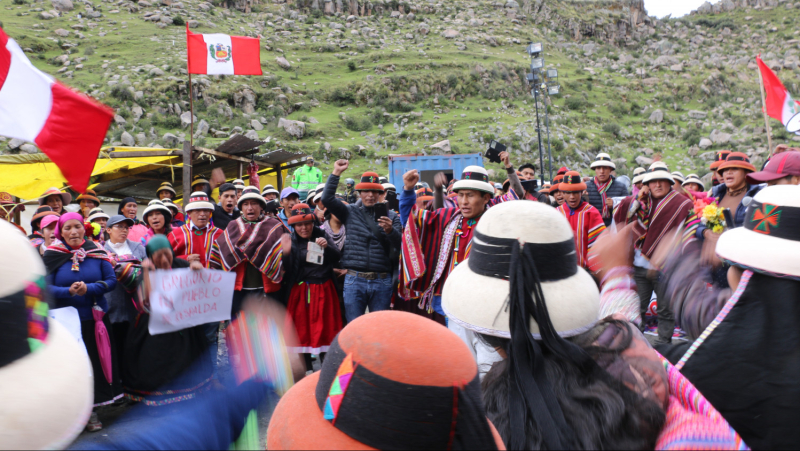Shedding light on the role of Chinese banks in abuses against environmental defenders

Blog by Paulina Garzón & María Emilia Hermosa, Latinoamérica Sustentable
Environmental defenders play a crucial role in protecting the rights of local communities and nature in the face of extractive projects. According to the 2023 Global Analysis by Front Line Defenders, 300 human rights activists were killed across the globe in 2023 alone, and 78% of these occurred in Latin America.
Chinese banks and companies are vital to the development of large-scale infrastructure and extractive projects in South America, particularly those involving critical minerals. In fact, critical metals and minerals account for 40% of the approximately USD 180 billion that Latin America exported to China between 2000 and 2020, and 35% of Chinese direct investment in Latin America has concentrated in more than 120 mining projects. These projects include the Mirador copper mine in Ecuador; Las Bambas and Toromocho in Peru; lithium extraction projects such as Tres Quebradas and Pozuelos-Pastos Grandes in Argentina; and others in which Chinese companies hold equity stakes, like Salar de Atacama in Chile, and the lithium project in Brazil's Vale do Jequitinhonha. In several of these cases, community and social organizations have reported harassment and pressure against those who challenge the mining projects and fight to defend their territories.
Chinese banks have long benefited from a convenient lack of transparency regarding their co-responsibility for abuses committed by their clients – generally Chinese companies – against individuals opposing the projects. This co-responsibility arises, first, because bank loans are fundamental for these projects to materialize, granting banks significant influence over the companies involved. Second, banks are expected to implement environmental and social regulatory frameworks to ensure that their clients do not harm the communities and ecosystems affected by the projects.
To read the full blog, click here for English, or here for Spanish.

